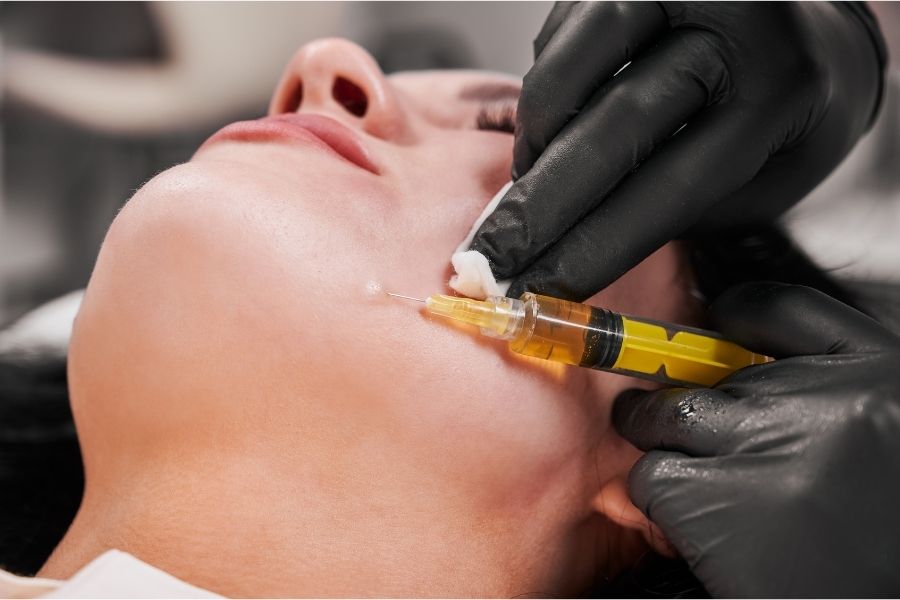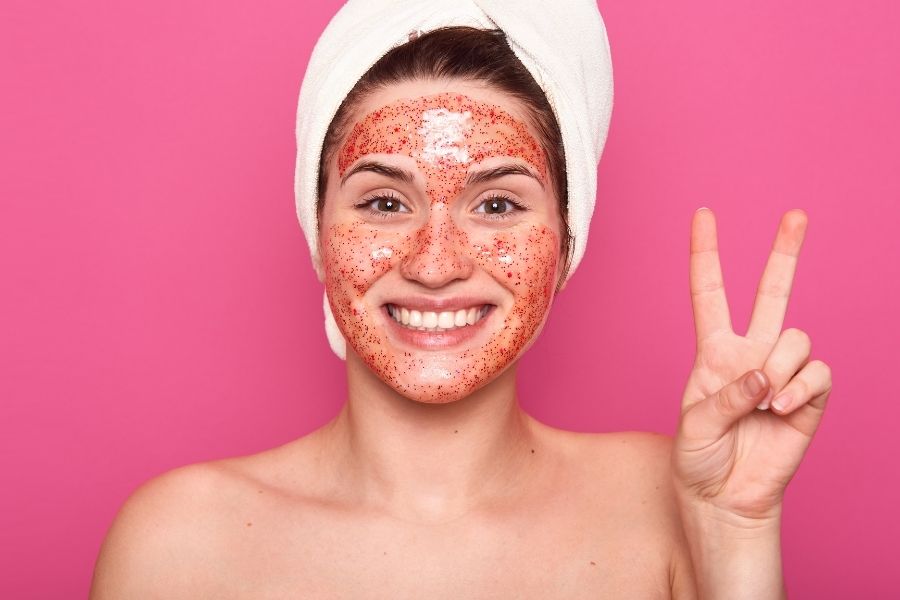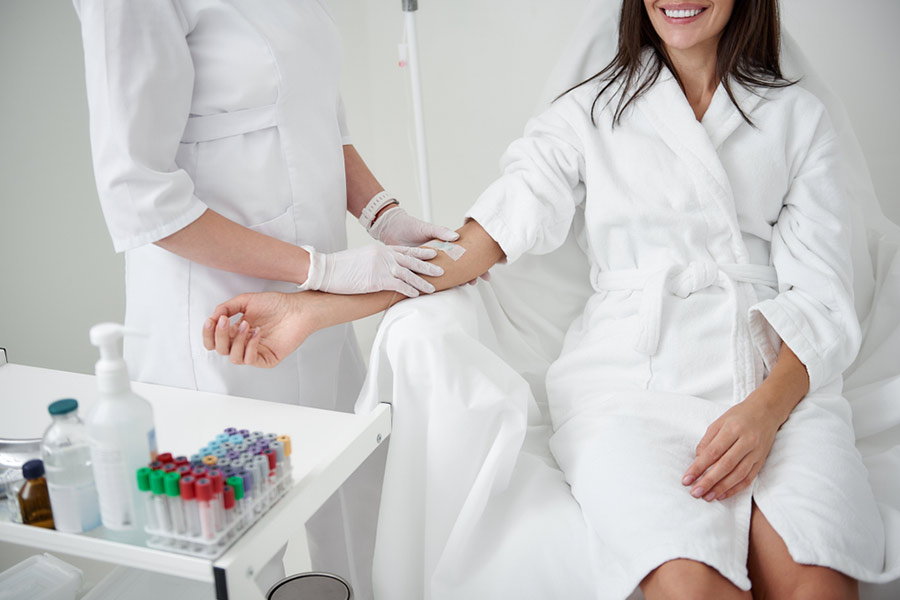In this beauty-obsessed era — where science keeps introducing innovative hacks and products packed with niacinamide, hyaluronic acid, and kojic acid to rejuvenate and plump up our skin — we often see new fads cropping up and trending online.
After applying layers of toothpaste, glue, snail mucin and bee venom on the face, apart from the essential cucumber, honey and sandalwood, this time, social media has jumped into something that might seem quite unusual to some and totally bizarre to others — it’s ‘menstrual blood masks.’
Yes, you read it right. The latest DIY skincare trend — people coating their faces with menstrual blood and fluids — has taken over social media with equal parts shock and curiosity. While creators promise a ‘natural glow’ and ‘hormonal harmony’, doctors are watching the trend unfold with a mix of disbelief and alarm.
In viral videos circulating online, influencers and TikTok creators are collecting menstrual blood — often using menstrual cups — and applying a thin layer of it to their face for a few minutes before rinsing it off. The tag #menstrualmasking has recently amassed millions of views on TikTok.
Although the trend first surfaced in 2022, it has now regained momentum and taken on a more spiritual angle. Some users refer to it as ‘moon masking’, presenting it as a ritualistic practice meant to connect more deeply with one’s body and the natural cycles of femininity.
However, before trying such social media-approved hacks, take a step back and consider what medical experts have to say about the emerging trend
Is there any scientific basis to menstrual masking?

Doctors have highlighted the bacterial reactions these masks can cause to one’s face
When asked about a plausible scientific reason behind menstrual masking, Ranjit Chakraborti, the director of obstetrics and gynaecology of Woodlands Multispeciality Hospital, strictly advised against it, highlighting the bacterial reactions these masks can cause to one’s face.
“We do not acknowledge any medical advantage to it. Rather, we see severe disadvantages. Menstrual blood can have an infection, and bacteria carried in it. It can give a severe reaction to somebody who has a skin problem or has any minor cracks on the skin. So, this is definitely not recommended, and it might be dangerous for some people,” Chakraborty told My Kolkata.
His advice was echoed by Nisha Agarwal, a dermatologist attached with Woodlands hospital.
Agarwal explained that while menstrual blood does contain protein, cytokines, endometrial cells, bacteria like lactobacilli, and cervical and vaginal mucus, these components are unprocessed and therefore cannot penetrate the skin the way formulated skincare ingredients do.
“Any blood will contain cytokines and amino acids, but applying that on your face won’t help because the skin cannot absorb them in this raw form,” she said.
Threat of Candidiasis
Chakraborti pointed out that menstrual blood also contains pathogens. While emphasising the negative repercussions, he also highlighted ‘Candidiasis’ — a widespread fungal infection that occurs among Indian women. He warned that applying menstrual blood on any part of the body can transmit such infections.
“Female genital tracts in a country like ours often have Candida infection. Candidiasis is a very common fungal infection in Indian women, especially married women, and menstrual blood can carry it,” he said.
Are there safe, evidence-backed alternatives to such viral DIY trends?

Platelet-rich plasma therapy is a clinically proven procedure containing essential amino acids and micronutrients beneficial for skin and scalp Shutterstock
“If someone wants to use the proteins or nutrients present in blood, they can instead opt for PRP — platelet-rich plasma therapy,” Agarwal advised.
She explained that PRP is a clinically proven procedure containing essential amino acids and micronutrients beneficial for skin and scalp. In this treatment, a person’s own blood is collected and processed under sterile conditions so that the nutrient-rich plasma can be extracted and injected into the face or scalp.
She added that this medically supervised method is far safer than applying menstrual blood directly on the skin.


